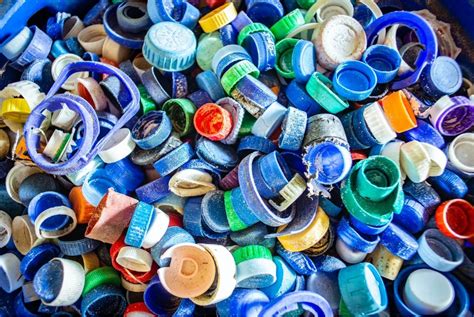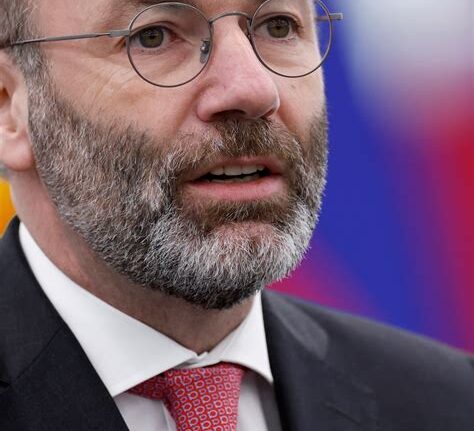As the world grapples with the escalating plastic pollution crisis, Saudi Arabia emerges as a central figure in shaping international negotiations on tackling this pressing environmental issue. The failed United Nations talks in Busan shed light on the growing power play between high-ambition countries, particularly those in Europe, and oil-rich nations like Saudi Arabia.
Saudi Arabia: The Pro-Plastic Advocate
At the heart of this diplomatic showdown is Saudi Arabia’s strategic stance to defend its crucial oil-dependent economy against mounting pressures to curb plastic production. With the plastics industry poised to drive future oil demand amidst a shift towards electric mobility, Saudi Arabia sees protecting its economic interests as vital.
However, a contrasting narrative unfolds as European Union and other environmentally-conscious nations raise alarms about the devastating impacts of plastic pollution on ecosystems and human health. This clash of priorities sets the stage for intense negotiations where each side seeks to advance its agenda while navigating complex geopolitical dynamics.
The Battle of Negotiations
Behind closed doors, skilled negotiators from both camps engage in a high-stakes battle of wills. Saudi Arabia leads a coalition that includes heavyweight allies such as Iran and Russia, leveraging their collective influence to resist stringent measures aimed at curbing plastic production. Their coordinated efforts disrupt consensus-building and prolong discussions, frustrating opposing factions seeking tangible solutions.
Critics accuse Saudi Arabia of employing divisive tactics by diverting focus towards financing mechanisms rather than addressing fundamental issues surrounding plastic pollution. This maneuver aims to sow discord among high-ambition countries and weaken their united front, highlighting the intricate strategies at play during these critical deliberations.
Challenges Ahead
As discussions intensify post-Busan summit, the path forward remains riddled with obstacles. The unresolved debate over financial responsibilities continues to divide developed and developing nations, underscoring deep-rooted disparities in resource allocation for combating plastic pollution. Bridging this gap poses a significant challenge moving forward.
Moreover, concerns loom regarding the efficacy of consensus-based decision-making within environmental multilateral frameworks. Calls for transitioning towards majority voting mechanisms gain traction amidst fears that veto power could be exploited by influential players like Saudi Arabia to stifle progress on key initiatives.
Building Alliances for Change
Looking ahead, proactive engagement becomes pivotal as stakeholders mobilize support from like-minded countries and potential allies worldwide. A concerted effort to rally major players such as Brazil, Indonesia, India, and China around a shared commitment to reduce plastic production gains momentum. However, lingering hesitance from key nations underscores the arduous task of fostering broad consensus on tackling this global challenge.
In an era marked by shifting political landscapes and evolving environmental priorities, navigating the intricate web of international diplomacy requires nimble strategies and unwavering determination from all parties involved. As new leadership transitions unfold globally, the future trajectory of plastic diplomacy hangs in delicate balance—a testament to both unprecedented cooperation and entrenched resistance within this critical arena.









Leave feedback about this